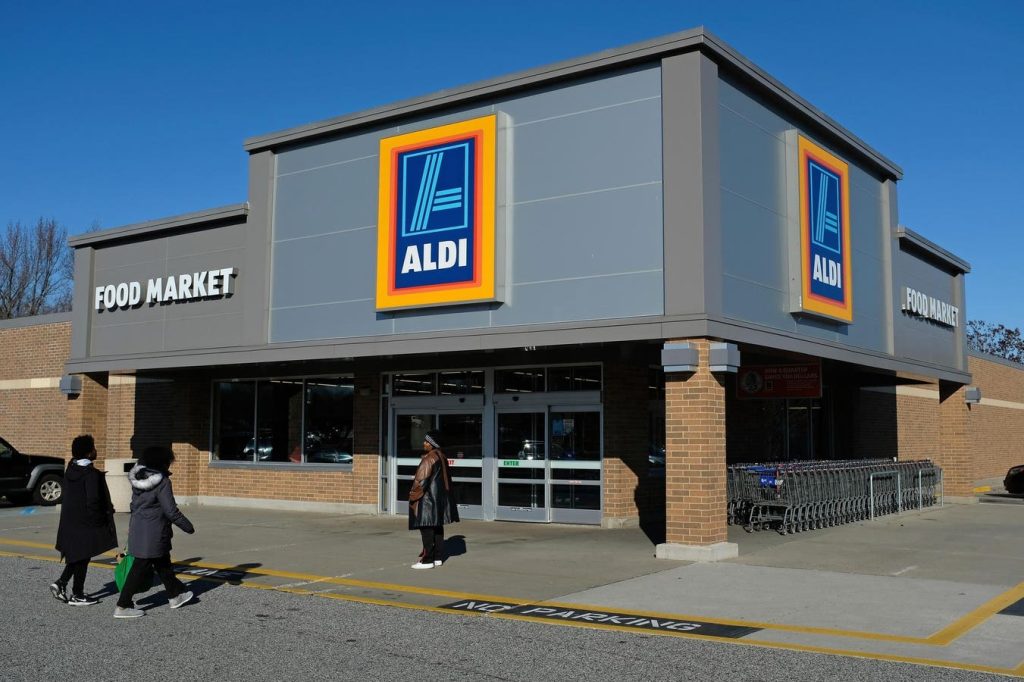Aldi, the value-priced grocery chain from Germany, has been making waves in the retail sector, specifically in the realm of price competition. While Kroger and Albertsons have justified their $24.6 billion mega-merger by blaming competitors like Target, Walmart, Costco, and Amazon for creating a challenging environment, Aldi has remained under the radar with its cheap cereal offerings. However, it seems Aldi is now ready to step up its game, with plans to add 800 locations by 2028 and recent acquisitions of Winn-Dixie and Harveys Supermarkets in the Southeast.
The Federal Trade Commission’s key antitrust concern with the Kroger-Albertsons merger is that it could result in higher consumer prices. This concern is based on the idea that when one chain controls the majority share of a market, it can pressure suppliers to charge less, which leads to price increases for smaller retailers and ultimately consumers. Grocery mergers in markets with few dominant players often result in price increases, while mergers in less-concentrated markets lead to price reductions. Aldi’s market infiltration could trigger price wars and play a significant role in impacting consumer prices in areas where Kroger and Albertsons operate.
Aldi’s smaller store format and focus on private-label brands give it a competitive edge in the retail landscape. With plans to add 800 stores and a high percentage of private-label inventory, Aldi is well-positioned to offer low prices to consumers who are increasingly seeking value. This could pose a significant challenge to Kroger and Albertsons, who are tethered to higher-priced national labels and facing pressure from other competitors like Walmart, Costco, and Amazon.
As Aldi expands its presence in the grocery market, it presents a formidable challenge to other retailers due to its buying power, streamlined store model, and efficient operations. Aldi’s ability to offer lower prices and attract price-conscious consumers could disrupt the market and cause pain for other retailers. Additionally, other low-priced retailers like Lidl and Trader Joe’s are also expanding, further intensifying the competition for Kroger and Albertsons.
If the Kroger-Albertsons merger is approved and leads to higher prices at the combined chain, consumers may be more inclined to switch to lower-priced options like Aldi, Lidl, Trader Joe’s, and others. The appeal of unique in-house brands and competitive pricing from these retailers could persuade consumers to break out of their old shopping routines and explore new options. Ultimately, the entry of Aldi and other low-priced retailers into the competitive landscape could result in a shift in consumer behavior and a reshaping of the grocery market.


